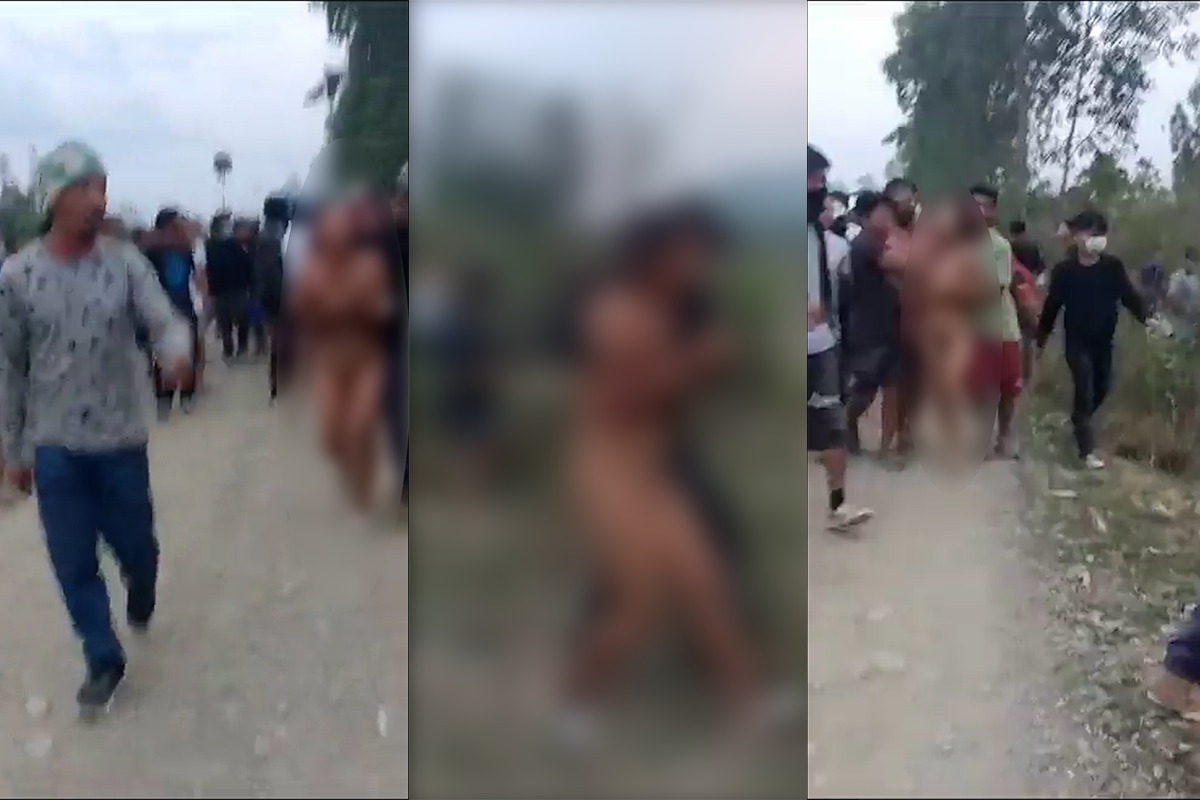NEW DELHI: The Indian government has recently taken a stern stand against Twitter and other social media platforms, demanding strict compliance with Indian laws in the wake of a shocking incident in Manipur.
The incident in question involves the harrowing parade of two Manipuri women who were allegedly abducted, gang-raped, and murdered by unknown armed miscreants on May 4, 2023, in Thoubal district, Manipur.
As the video of the horrific incident went viral on social media, it triggered widespread shock and outrage among citizens and leaders alike. The Centre swiftly responded by asking Twitter and other social media platforms to take down the video immediately, emphasizing the need to respect and adhere to Indian laws.
This is not the first time such a request has been made.
READ MORE: How sports, film celebrities reacted to Manipur viral video
Earlier during the farmer’s protest, the Ministry of Electronics and Information Technology issued a notice to Twitter on the use of “offensive” hashtags and handles on the platform.
The government had previously ordered Twitter to block several accounts during the farmers’ protests, citing the potential for misinformation and incitement to violence.
Twitter’s compliance with the government’s orders has been a subject of contention. The company initially withheld some tweets critical of the government’s COVID-19 response and farmers’ protests but later restored some accounts, claiming that they did not violate Indian laws concerning freedom of expression.
READ MORE: Ready for debate on Manipur riots in parliament: Govt to opposition
In 2020, the Centre had pulled up representatives of social media platforms including Twitter and Facebook for not blocking objectionable content, hate messages and videos flagged by the police during the communal riots in northeast Delhi last week. The representatives were also warned of legal action for not complying with requests from law enforcement agencies, a senior government official said.
As a result of such incidents and growing concerns over the misuse of social media platforms, the Indian government has been increasingly proactive in issuing legal demands to remove content.
In the latest transparency report, Twitter revealed that it received a record-breaking number of legal demands from 44 countries, with the majority originating from Japan, Russia, South Korea, Turkey, and India. However, Twitter has been cautious in its approach, withholding or removing content in response to only 51% of global legal demands.
The Manipur incident and the subsequent measures taken by the Indian government underscore the challenges faced by social media platforms in balancing free expression and compliance with local laws.
While there is a legitimate call for the protection of free expression, it is also essential to prevent the spread of harmful and offensive content that can incite violence or contribute to the erosion of social harmony. Striking the right balance will require a collaborative effort between the government, social media platforms, and the public to uphold democratic values while ensuring responsible use of digital communication platforms.
YOU MAY ALSO LIKE
https://youtu.be/36S53P9hJ1w










